Password Protected
To view this protected post, enter the password below:
Don’t assume that once a pool is installed, your worries are over. Improper drainage and soil pressure can lead to a host of problems. LPH Home Inspections offers pool inspection services to make sure your pool is not damaged and everything around the pool has been properly installed. We have inspection experience with residential pools and shared pools at duplexes. Our completed report will include photos. You will receive as much information as possible to help educate you about your pool, its structure and drainage. Call 325-956-9652 today to schedule a pool inspection in Texas, Hill County area.
Our pool inspection services are thorough. We will go as far as pouring water on the coping and concrete area around the pool to see if there is a slip hazard. We also check:
We also look at the pool’s plumbing and piping to make sure everything is working. Contact LPH Inspections today to learn more about our pool inspection services.
If you’re thinking about buying a house with a pool, there are some important things you need to know — before closing the deal. A swimming pool is one of the most valuable assets in a home and it can be the place your family and friends share some of the best times of their lives.
Or it can be a headache that just won’t go away.
Get a Certified Pool/Spa Inspection. You’ll want to buy your next home with your eyes wide open. But unless you’re a pool expert yourself, you’ll be wise to engage a professional pool inspector to conduct a thorough inspection. You need one that’s been around some time and has experience with a wide variety of pools – and the many problems that can happen with them over the years.
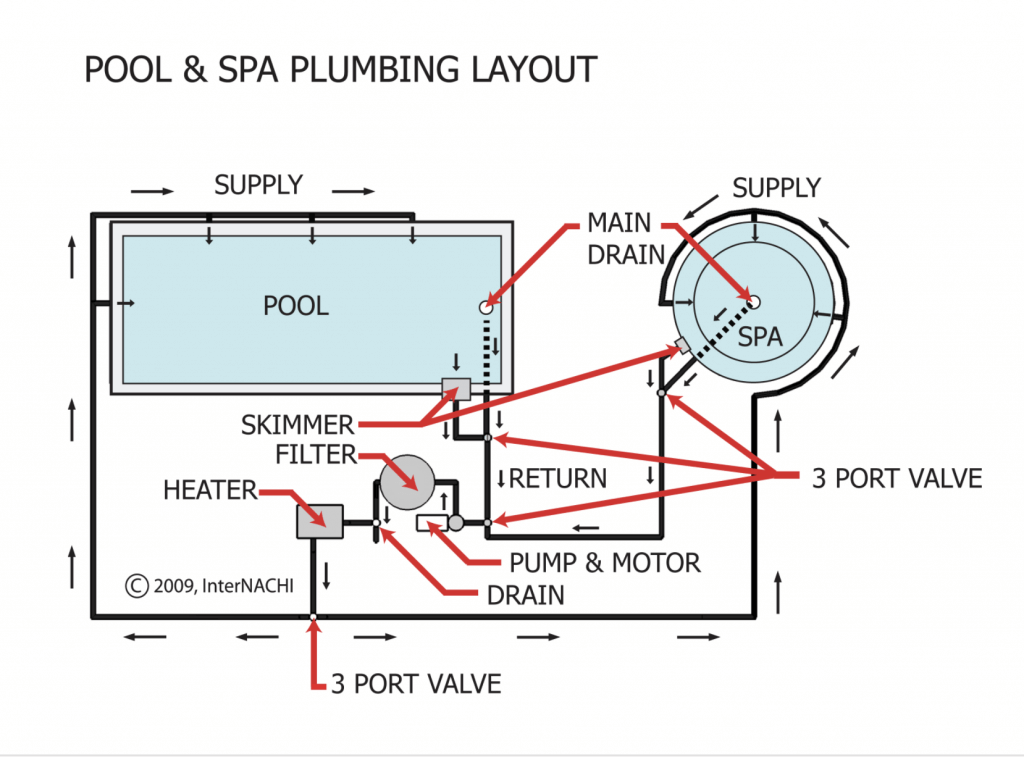
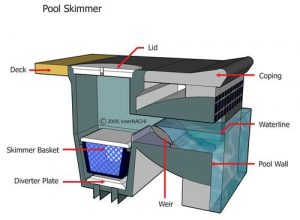
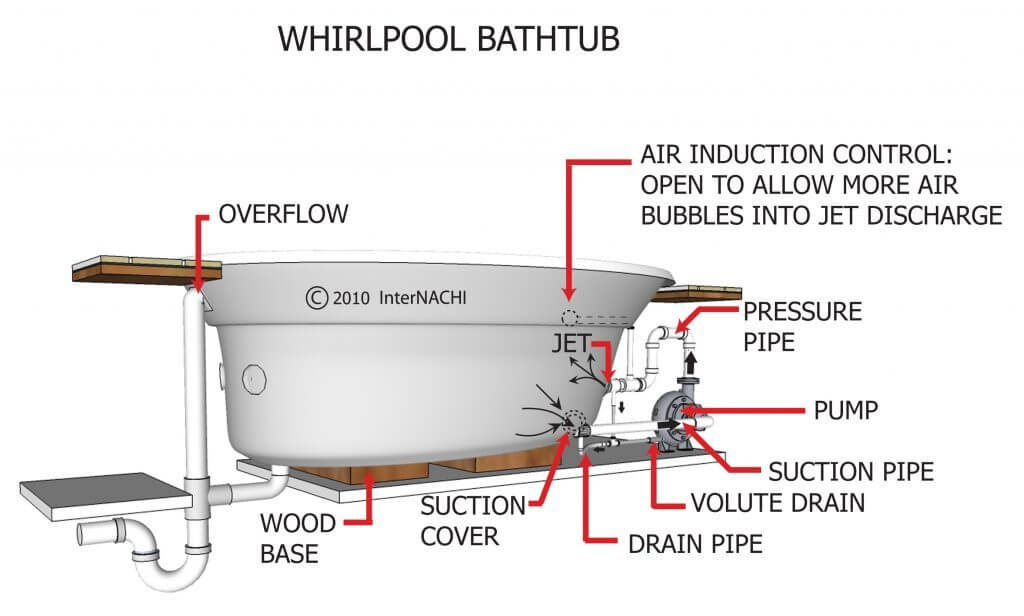
In addition to covering defects from manufacturing, installation, and natural weathering, the articles also cover the accurate identification of wind and hail damage.
Although these articles were written primarily for home inspectors, the criteria used to evaluate roofs is also relevant for insurance and roofing industry professionals — both of whom we worked with closely in developing this series — to determine functional versus cosmetic damage, and whether damage was caused by wind, hail, weathering, improper installation, or manufacturing defects.
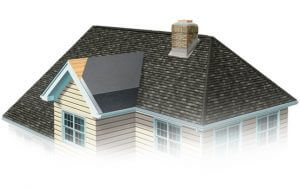
InterNACHI inspectors are certified and trained by the International Association of Certified Home Inspectors, the world’s largest nonprofit association of residential and commercial property inspectors. InterNACHI provides its members with accredited training and education, free benefits, expert advice, and peer support—all to help them serve their homeowner-clients by providing them with the highest-quality inspections for their largest investments.
As an InterNACHI inspector, I:
• am required to stay up to date with the industry’s most rigorous online Continuing Education and video training courses, which have been awarded hundreds of approvals and accreditation by state and governmental agencies;
• adhere to a comprehensive Standards of Practice;
• abide by a strict Code of Ethics, which puts my clients first; and
• use state-of-the-art inspection tools and reporting software so that my clients can make informed decisions about the homes they want to buy or sell.
My standard home inspection is an evaluation of the visible and accessible interior and exterior structure, systems and components. Your report will include my findings of any material defects I discover in an easy-to-read format. I will also provide my recommendations for monitoring, repair or replacement. And my job isn’t finished until you understand everything in your report.
I will provide a personalized inspection of your home.
For the Home Buyer
A home is probably the largest purchase you will ever make, so it is important to understand the condition of your investment. I will provide a non-invasive examination of the home’s accessible structure, systems
and components. While a home inspection is not a prediction of future conditions and cannot reveal every concern that exists (or ever could exist), it will significantly reduce your anxiety by arming you with the knowledge you need to make an informed home-buying decision.
For the Home Seller
Are you selling your home? Let me inspect it before you even list it. A Move-In Certified™ seller inspection informs you of any defects or problems with your home so that you can address them before prospective buyers discover them. You can then take the time you need to obtain reasonable repair estimates. Show prospective buyers that you are dealing in good faith. Avoid 11th-hour negotiations and delays, and justify your full asking price by having your home pre-inspected now.
For the Real Estate Professional
Your reputation is your most valuable asset. Your clients rely on you to guide them through a complicated and sometimes stressful process. Demonstrate to them that their trust in you is justified by referring them to me. My experience, training and professionalism will deliver the information your clients need. The best advertising is a happy client.
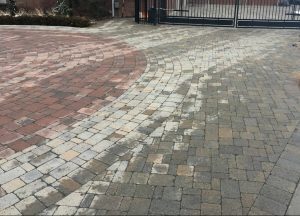
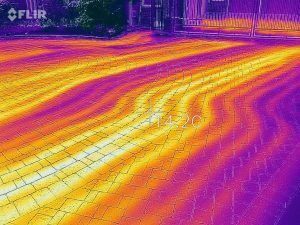
What is Thermal Imaging?
Infrared Thermography, or thermal imaging, involves the use of a special camera that allows the detection of even small differences in surface temperatures. The images produced by the camera alone are not telling enough, however – you need a qualified home inspector to interpret the thermal images and decipher what issues might be depicted there. Often, the problem has to do with moisture intrusion, and your home inspector will likely also use a moisture meter in order to detect moisture levels and whether or not excess moisture is present.
Can a Thermal Imaging Camera See Through Walls?
A thermal imaging camera does not X-Ray anything; it cannot “see” through walls. Rather, it produces visual measurements of surface temperatures and displays these differences through changes in color that can be read by your home inspector. Using thermal imaging in home inspections cannot directly detect the presence of water; this is why a skilled, infrared certified thermographer and a moisture detection tool are also necessary. Still, thermal imaging provides us with enough extra information that it is an invaluable tool to detect potential issues.
Why Use Thermal Imaging in Home Inspections? Because a home inspection is a visual and non-invasive inspection of the safely accessible systems and components of a home, a tool that enhances your home inspector’s ability to detect defects and issues with the home is a welcome one. Your home inspector may perform a full thermal imaging scan of the home, or he or she may only bring out the thermal imaging camera when a particular problem is suspected. Either way, you’ll be rewarded by the extra help this tool adds to the inspection process and for the additional information you’ll receive about the home you wish to purchase.